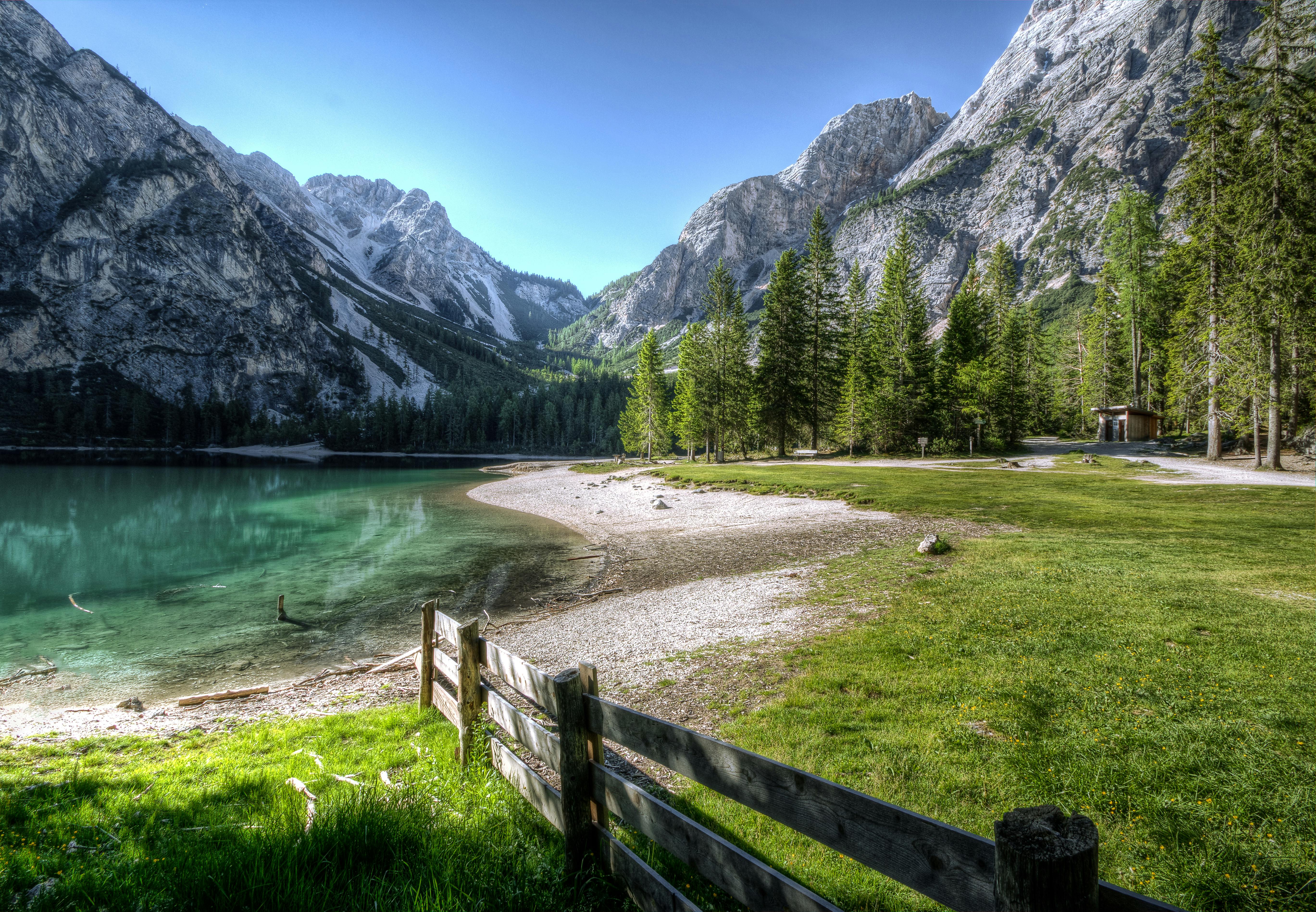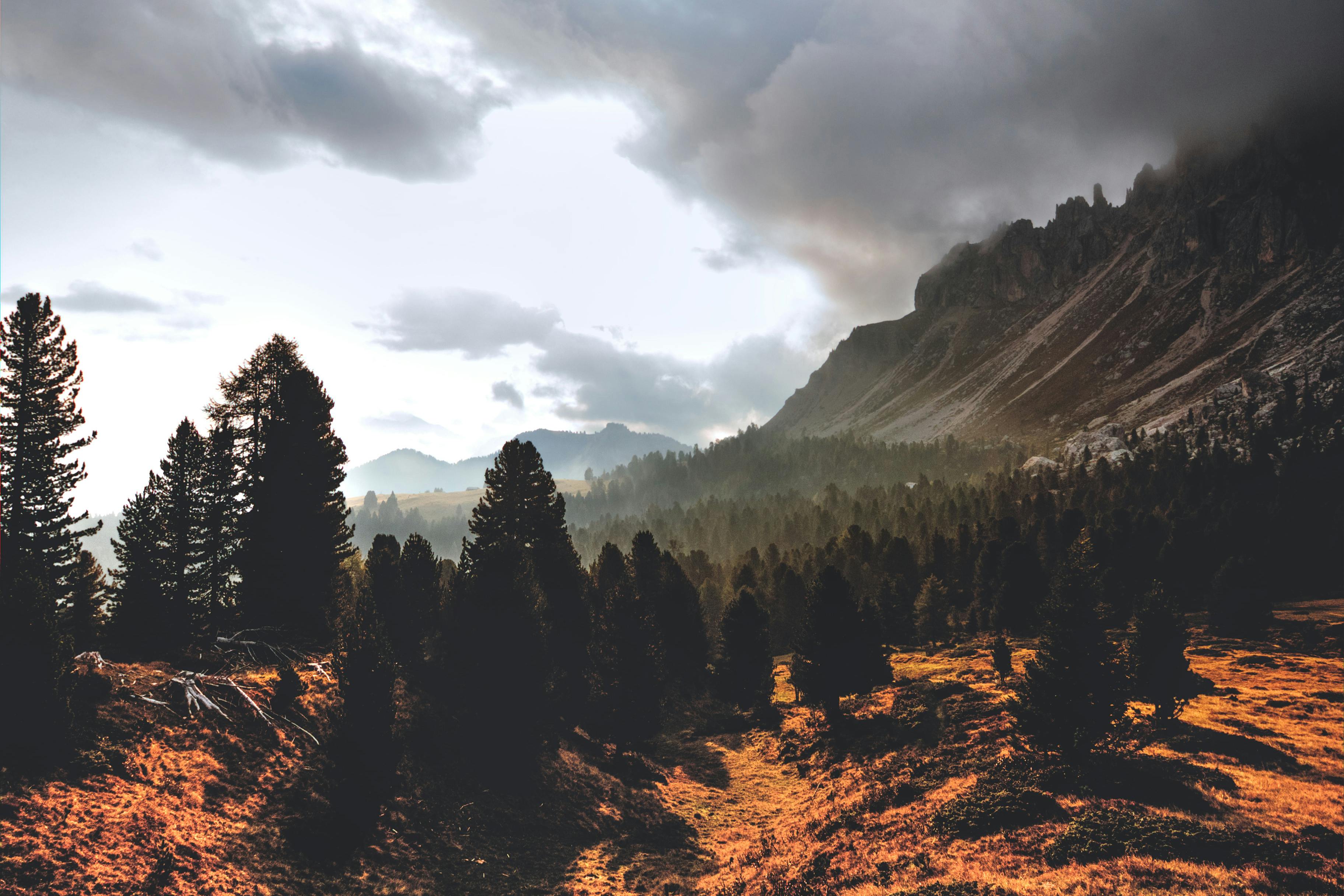
Some Of The Best Ways To Enjoy Nature
If you are keen to try and enjoy the natural world as much as possible, that’s something that is always going to be possible to achieve. In fact, there are so many ways to enjoy nature and to make this more a part of your life, so that is something that you should absolutely be aware of here. In this post, we are going to take you through some of the best examples of how you might be able to do just that. You should find that the following is all well worth being aware of and trying out for yourself.
Grow A Garden
One thing you may want to try your hand at is growing a garden. If you have the space at home to do this, then that is certainly going to be worthwhile, and it’s something that can help you to feel a lot closer to nature and the natural world in no time. There are many ways to approach this. You might grow fruit and veg, or you might just want to have nice perennials and flowering plants. In either case, growing a garden is a great ecological thing to do, and will help you to enjoy the natural world in your own home.
Bring Nature Indoors
You might also want to bring the natural world indoors as well. This is something that can make the home a much nicer place to live, as well as strengthening your bond with nature, so it’s a very simple thing that can make a huge difference to your life for sure. It’s a simple case of having some pot plants around the place, and making sure that you care for them properly and fully. If you can do that, it’s going to mean that you are much more able to really enjoy your home and nature in one.
Go For Walks Outdoors
You might also want to think about going for some walks in nature. This is a really powerful way to get attuned to the natural world and to feel as though you are part of it, and it’s something that can help you to enjoy yourself so much more on the whole. You might even consider going barefoot for some of it. However, if you want to do that, make sure that you protect your feet as you do so. All in all, walking in nature is a beautiful experience, and one that you can definitely consider.
Visit Gardens
There are also a lot of gardens that are available for the public to go and see, and these can be a great way to enjoy nature in a sense. If you want to do this, just take a look online and see if you can find any in your area that you might want to check out. You might be surprised at how many open gardens there are. This is a really simple and fun way to make sure that you are enjoying nature a lot more.
Source Happy Eco News



